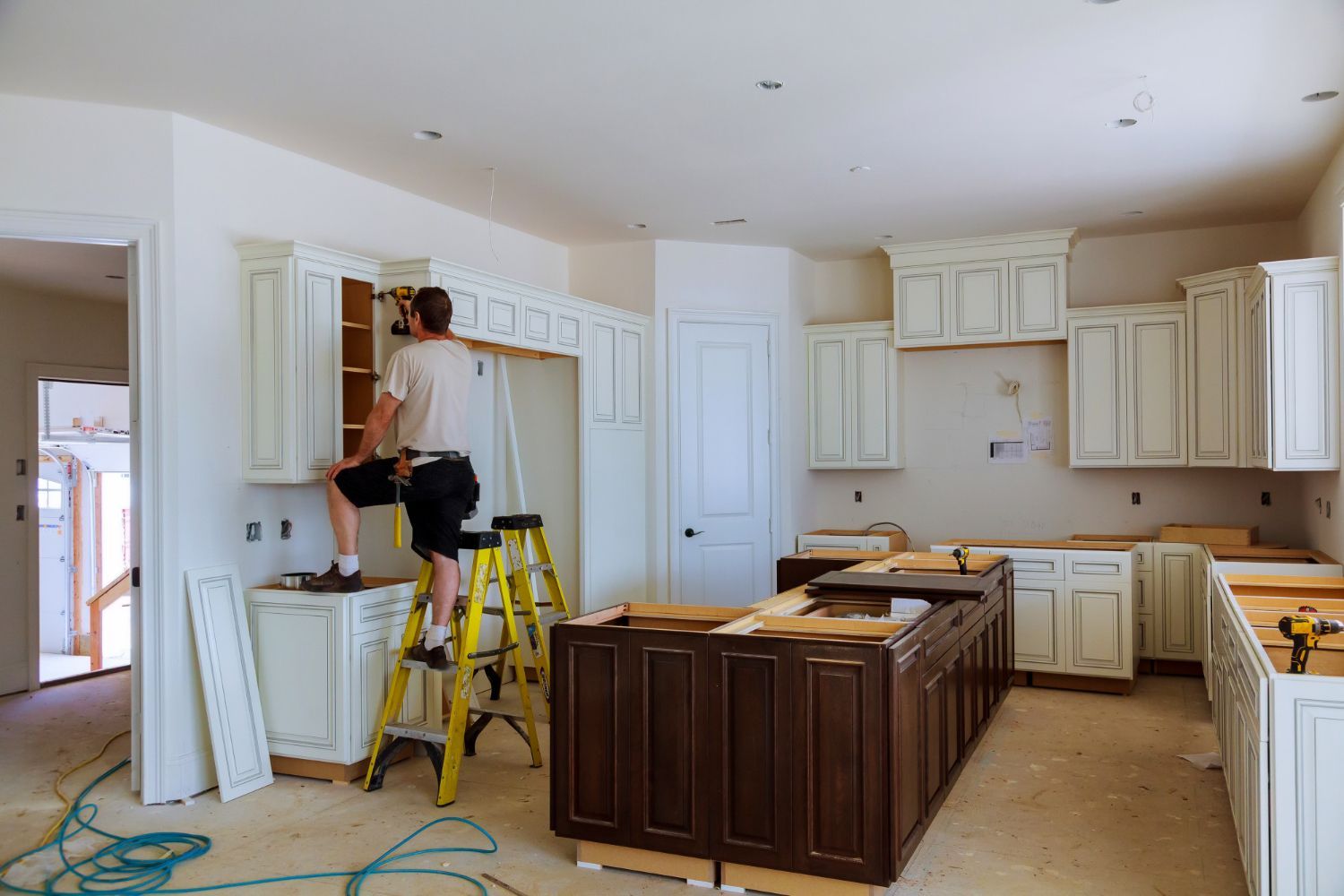SHOULD YOU BUY OR SELL FIRST? THE MOVING HOME DILEMMA…
There are many considerations to contemplate when it comes time to upgrade or downgrade to a new home. While usually exciting, it can be very stressful at the same time.
With our current busy lifestyle, there is already so much to do without the added pressure of dealing with several real estate agents and coordinating a move.
Your buying/selling strategy will largely be influenced by your financial (and sometimes personal) situation, the housing market and interest rates.
Regardless:
- you’ll want the best possible price for your current home, and
- a great deal on your new one.
The gap in between buying and selling can make a huge difference depending on the property cycle, type of property you are considering swapping to, the state (regional or metropolitan) and the current market conditions in the suburbs you are selling in and
buying into.
SHOULD YOU BUY FIRST?
In a strong market, buying first feels less of a risk as properties are likely to sell well and sell quickly. You will want to buy quickly before the market rises too fast and the price gap between your new and old property becomes too great.
In a declining market, the race is on to achieve the best price possible for your home while there are still buyers in the market and before there is little or no interest left in your property. Then there is timing your purchase and settlement where you do not over pay before the market has bottomed out.
For those who are prepared to buy first, you will need to:
• take a risk that your existing property will sell within your desired time frame and at the price you need for the next one,
• have a strong financial standing to cater for an extended misalignment in settlement dates,
• consider holding the current property and renting it out in the event you can’t sell or want to wait for a better time to sell
• be prepared to take on bridging or other finance options should you need it to cover the cost of the new purchase until such time as the existing property is sold.
Be careful
There are many considerations when using bridging and other finance options:
- How will you accurately predict how much your existing property will sell for?
- Do you have an additional 20% deposit or enough equity and serviceability to cover the gap time (bridging loans aren’t covered by lenders’ mortgage insurance (LMI))?
- If you don’t already own your home, you will be paying interest on both properties and the longer the sale takes, the more interest you will pay. Sometimes it doesn’t pay to hold out for a better sale price as the holding costs may outweigh the additional sale price.
- You will have additional advertising and property holding costs like council and water rates.
There are a few options for financing properties in between the sale and settlement match up dates.
Don’t worry, we can step you through the details!
Ask us for our topic sheet on these What is bridging finance and what are other alternate
finance options when you are caught in between buying and selling?
SHOULD YOU SELL FIRST?
In a downturn or softer market, it can take longer for a property to sell. On the upside it is also less expensive to buy.
‘Where there are pros, there are most certainly cons!’
Selling first reduces your risk and gives you certainty of exactly how much you can spend on your next home. But of course time is not on your side.
Ideally you will want to align your settlement date of your existing property with the settlement date of your new property so you can move in on the day you move out. But that’s an ideal world! It does and can happen with good agents and finance options
available to you.
Mounting pressure to buy within that settlement period may lead you to make hasty decisions and perhaps not purchase your next home of choice.
If you are considering selling first, there are a few options to think about if you’re left without a new home.
Renting. Really?
Renting after the sale of your property can give you time to make thorough, considered buying decisions.
If you are moving to a new area this could be a great advantage allowing you to try before you buy. (But keep those packing boxes handy – you’ll be moving twice!)
Move in with family
Not everyone has or wants to consider this option.
And we get that!
However, if it is an option for you, while you are house hunting there will be potential savings typically enjoyed in a shared living environment (like mum cooking and doing your washing for you…), and of course NO RENT.
But can you all still live together?! Can you put a cost on that?
Request an extended settlement
When purchasing a home, the settlement process is the last hurdle before you can finally own your dream home and take possession of the property.
Buyers and sellers often negotiate property settlement dates. The people selling their home may also need time to look for another one.
A mutually agreed extended settlement period can give you both additional time to buy the right home. You may be lucky enough to coincide it with the settlement on your new purchase – and only move once!
Remember though – once a contract is signed, the settlement date is fixed – you are committed. The vendors are not required to change the agreed settlement date and there can be severe delayed settlement costs if you cannot settle on time.
In regards to auctions, as the successful bidder, you agree to settle on the date indicated in the contract, so make sure the settlement date in the contract works for you or ask for it to be changed before auction day!
Getting it right
As mentioned, when it comes to changing homes, timing is everything. Juggling both selling and buying at the same time is challenging but possible with the right team by your side.
Obtaining specialist advice is key.
From us, your finance specialist, your local real estate agents or advocates, solicitors or conveyancers. We have contacts across these industries to help you make the right decisions.
Please reach out to see how we can help with your new home transition and give us a call on (03)8657 8664.
Disclaimer: This article provides general information only and has been prepared without taking into account your objectives, financial situation or needs. We recommend that you consider whether it is appropriate for your circumstances. Your full financial situation will need to be reviewed prior to acceptance of any offer or product. It does not constitute legal, tax or financial advice and you should always seek professional advice in relation to your individual circumstances. ©2020



